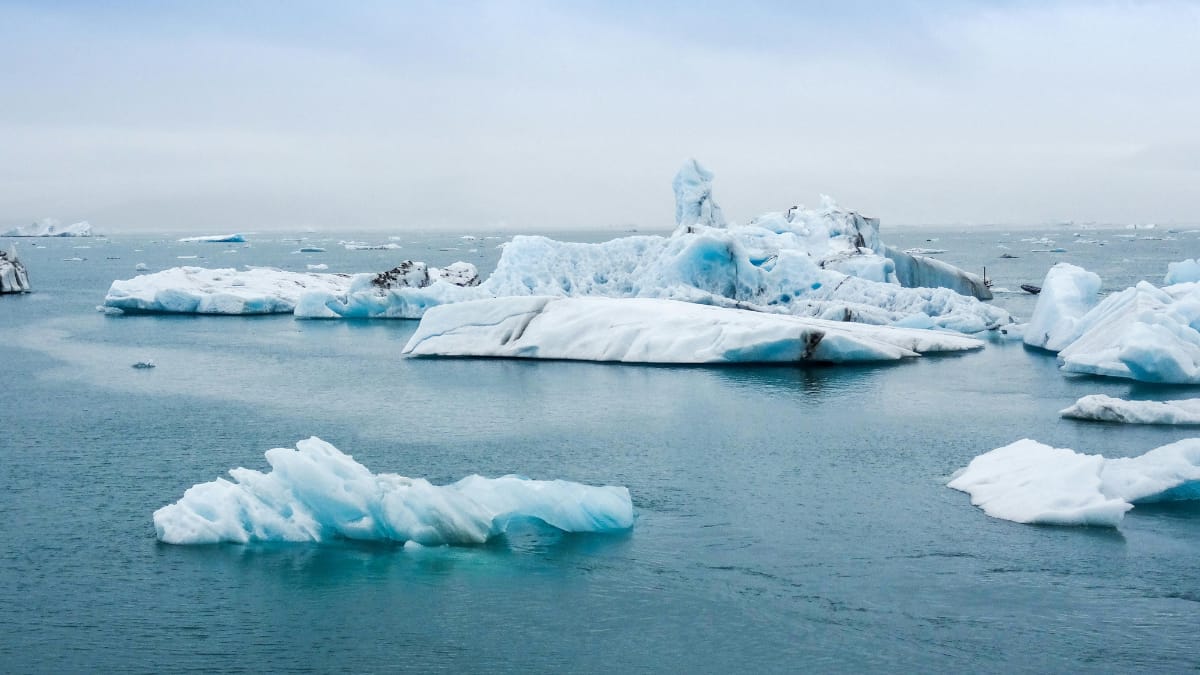Global Climate Report 2023 Highlights
The World Meteorological Organization (WHO) recently released its annual report on the global climate, highlighting alarming trends and record-breaking events in 2023.
Record Ice Loss and Rising Temperatures
- Preliminary data shows that the global set of reference glaciers experienced the largest loss of ice since 1950.
- The report confirmed that 2023 marked the hottest year on record, contributing to the hottest decade ever measured from 2014 to 2023.
- The global average near-surface temperature was 1.45°C above the pre-industrial baseline, making it the warmest ten-year period recorded.
Unprecedented Climate Events
The WHO report highlighted several alarming climate-related trends:
- Rising temperatures of oceans and acidification
- Glaciers losing unprecedented amounts of ice
- Alarming greenhouse gas levels
- Sea level rise
Impact on Oceans and Ecosystems
Approximately one-third of the world’s ocean was affected by marine heatwaves on an average day in 2023, posing a threat to critical ecosystems and food systems. By the end of the year, over 90% of the ocean had experienced heatwaves at some point.
Antarctic Sea Ice and Climate Crisis
- Antarctic sea ice extent reached a record low, with the maximum extent at the end of winter significantly below previous years.
- UN Secretary-General António Guterres emphasized the urgency of the climate crisis, stating that it is the defining challenge humanity faces.
“Climate change is about much more than temperatures,” said a WHO representative. “The unprecedented ocean warmth, glacier retreat, and Antarctic sea ice loss in 2023 are cause for particular concern.”
Climate Crisis and Inequality
The WHO report highlighted the interconnectedness of the climate crisis with issues of inequality, food insecurity, population displacement, and biodiversity loss.
















































